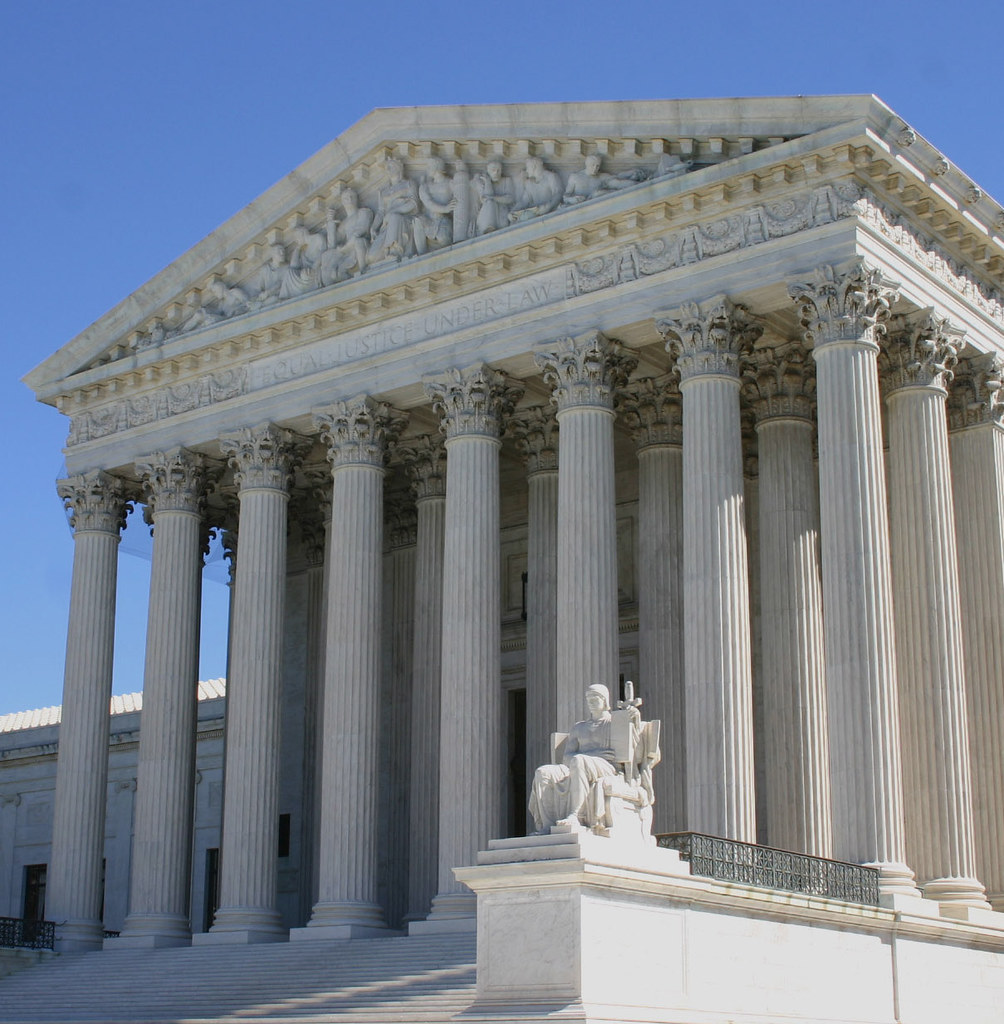Supreme Court Rules on Healthcare, LGBTQ Rights and Child Slavery
Today the Supreme Court of the United States issued rulings on three cases, California v. Texas (19-840), Fulton v. Philadelphia (19-123), and Nestlé USA, Inc. v. Doe (19-416). We will briefly explain the rulings and provide links to the official SCOTUS opinions.
In California v. Texas, the Supreme court upheld the Affordable Care Act for the third time in a 7-2 ruling by finding that Texas did not have the standing to challenge the constitutionality of the Patient Protection and Affordable Care Act’s minimum essential coverage provision. This provision requires most Americans to obtain minimum essential health insurance coverage, and individuals who did not are subject to a monetary penalty. You can read the 7-2 opinion delivered by Justice Stephen G. Breyer here. Justices Samuel A. Alito, Jr. and Neil M. Gorsuch dissented.
In a unanimous decision on Fulton v. Philadelphia, the highest court ruled that the city of Philadelphia violated the Free Exercise Clause of the First Amendment of the U.S. Constitution, siding with Catholic Social Services. The court ruled that Philadelphia’s refusal to contract with Catholic Social Services unless they allowed same-sex couples as foster parents was unconstitutional. The 9-0 ruling, authored by Chief Justice John Roberts, can be found here.
In an 8-1 ruling on Nestlé USA, Inc. v. Doe, the SCOTUS ruled that U.S. cocoa companies cannot be sued over child slavery occurring outside of the United States. Six men from the Republic of Mali sued U.S.-based Nestlé USA and Cargill under the Alien Tort Statute, alleging they were trafficked as child slaves to produce cocoa in the Ivory Coast. Nestlé and Cargill buy their cocoa from farms in the Ivory Coast and provide them with technical and financial resources, but they do not own or run any cocoa farms. The 8-1 ruling presented by Justice Clarence Thomas stated that in order to apply the Alien Tort Statute domestically, the plaintiffs must allege more domestic conduct than general corporate activity. Justice Samuel A. Alito dissented. You can find the full opinion here.
If you are interested in staying up to date on legal news and history, check out our other Strellis and Field blog posts, which can be found here.




